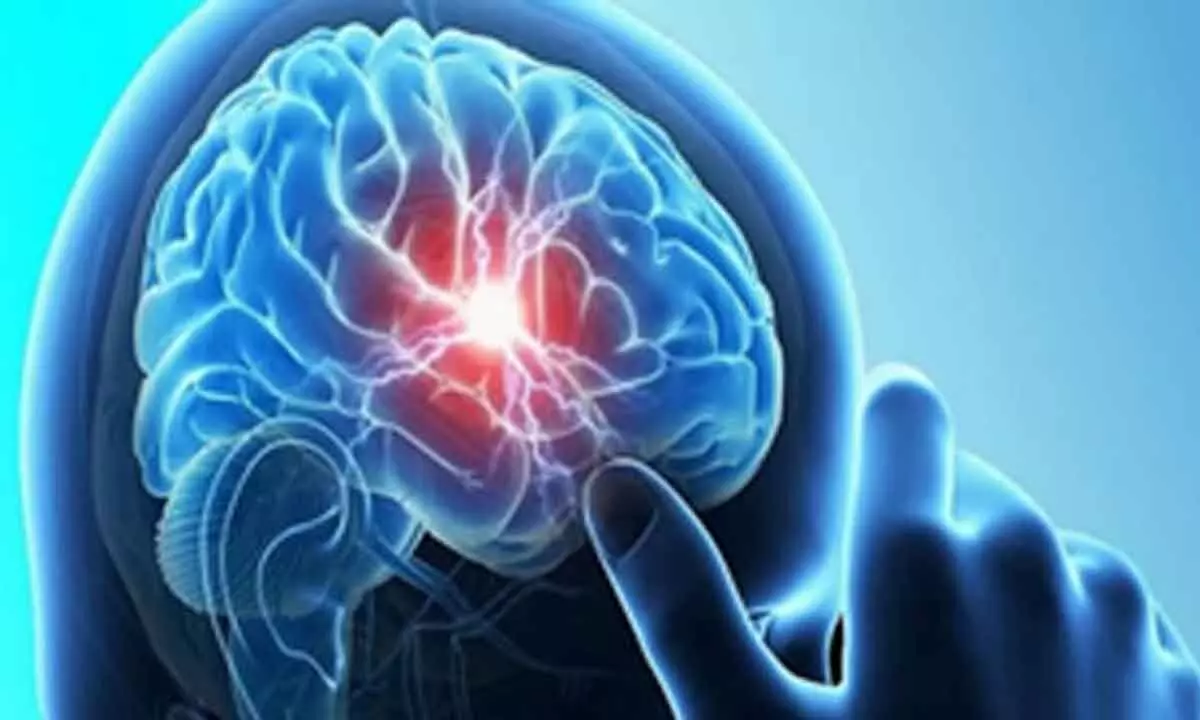Nightmares, hallucinations may signal onset of lupus
It is an autoimmune inflammatory disease known for its effect on many organs, including the brain
image for illustrative purpose

The study showed that disrupted dream sleep was the most common symptom experienced by three in five patients. Of these, a third went on to develop lupus disease a year later
An increase in nightmares and hallucinations-- or 'daymares' -- may signal the onset of autoimmune disease such as lupus, according to an international research team on Tuesday.
Lupus is an autoimmune inflammatory disease known for its effect on many organs, including the brain.
These mental health and neurological symptoms, such as depression, hallucinations, and loss of balance, can act as an early warning sign that an individual is approaching a "flare," where their disease worsens for a period, said the team led by researchers at the University of Cambridge and King's College London in the UK.
For the study, they surveyed 676 people living with lupus and 400 clinicians, as well as carried out detailed interviews with 69 people living with systemic autoimmune rheumatic diseases (including lupus) and 50 clinicians.
The results, published in the journal eClinicalMedicine, showed that disrupted dream sleep was the most common symptom experienced by three in five patients. Of these, a third went on to develop lupus disease a year later.
Just under one in four patients reported hallucinations, seen in 85 per cent of people with lupus.
Further, three in five lupus patients and one in three with other rheumatology-related conditions also reported increasingly disrupted dreaming sleep -- usually vivid and distressing nightmares -- just before their hallucinations. The patients reported that the nightmares were often vivid and distressing, involving being attacked, trapped, crushed, or falling.

